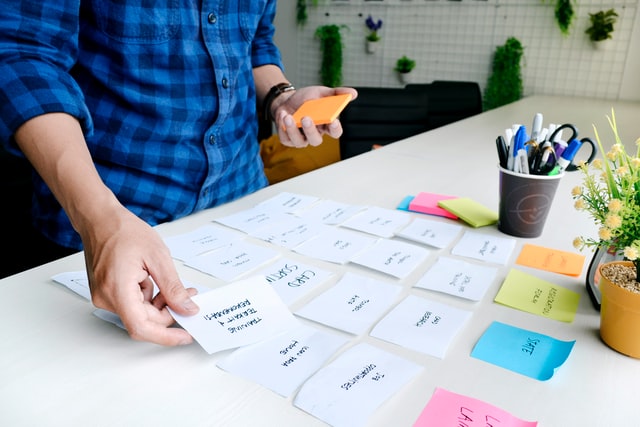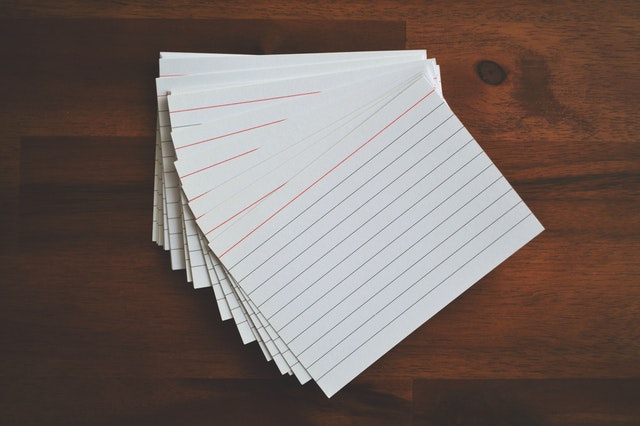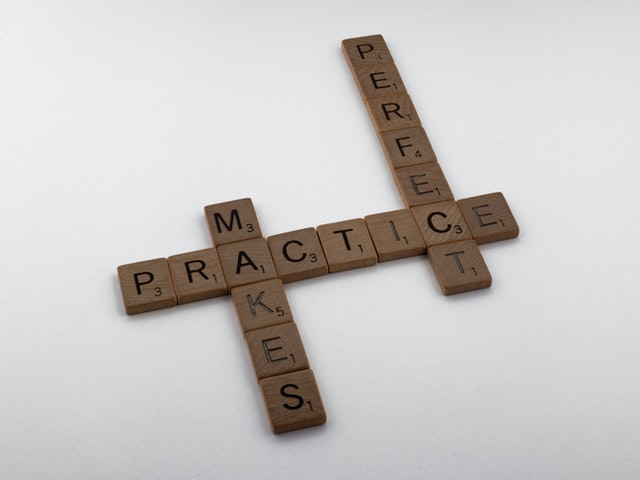Congratulations for making it to this article! In fact, if you ask yourself how to be a successful student, you’re on the right track. Whether you’re about to finish high school or are already halfway through university, it’s always good to think about your own progress.
When you go to college, you have to learn how to better manage your time so you can learn better and use better techniques to learn. We might have been able to get away with a lot of multitasking and divided attention when we were in high school. I think it’s a bad idea to keep doing this, though, if you want to get good grades.
But don’t worry! While in real life, it’s more difficult at university, so is life! It’s true that many people think that studying is a waste of time in the real world. Even though we don’t need to use what we learn later in our careers, being a good student at university makes you a good student in LIFE.
Life will ask more of you as you progress, and we have just the right tips for you.
Here are some tips and tricks to help you get ahead and be more successful in life:
Don’t cram your schedule


Start studying a month or more before your exam to use spaced practise. That’s when you spread your studies out over time instead of cramming before your exam.
Studying 5 hours a week is way better than studying 5 hours in one night!
Why? Because cramming is for amateurs. It leads to poor long-term information memory, which means you could forget everything by the following day. This is actually a scientific fact and perhaps the most important first step to answer “how to be a successful student?”.
Create a realistic schedule


Yes, even if you don’t think you can keep up with it.
Making a study plan will help you break down your work into smaller tasks, which will make it easier for you to reach your goals.
Make a list of the things you need to revise, figure out how many 50-minute sessions you’ll need to learn each one, and put them in a revision timetable. If you have a lot of things to do and you need to make time for them, you should set aside some time for fun.
A realistic timetable will make it more likely to follow through with your plan of attack.
Break down tasks into small, simple steps


A motivation slump (you might know it as feeling overwhelmed) can happen if you don’t break down your tasks into manageable chunks. Determine which chapters you need to study and ensure you don’t forget anything at the last minute.
This is the next step. Make a list of the main ideas and subheadings for each chapter, or look through your class notes to see what they are. Outlining is an excellent way to take notes because it requires you to think about and combine information before remembering its content.
Practise and apply spaced repetition


Here’s a tip you can use to apply spaced repetition. Make three boxes out of your flashcards. The boxes with correctly-answered flashcards are “promoted” up the line of boxes. In contrast, the boxes with incorrectly-answered flashcards are “demoted.”
First, every day. The second box should be checked every three days, and the last box every five days.
When you review your material repeatedly at different times, you have to learn the material until you can do it well.
Make use of flashcards


Now here’s a “how to be a successful student” hack! You should write down questions and answers based on your study material on a stack of index cards. Then, you should go over them often to see how well you remember them.
To answer any question, use both sides of your card. On one side, you can ask, “What is the Latin word for criminal intent?” and on the other, “Define men’s rea.” This way, you can make flashcards for a law exam.
This method encourages active recall, scientifically proven to help people learn more.
Practise, practise and practise


Studies say that students who learn by retrieval practise may be able to remember more information even when they’re stressed. Examples of retrieval practise include thinking about what you learnt or taking practise tests. This is because retrieval practise helps students remember what they’ve learned.
So stop rereading and start practising past-year papers to make sure you understand the subject, get used to the exam format and work on how to write your answers.
Make a cheat sheet


No, we don’t want you to sneak paper into the exam. Cheating is surely not the secret answer to “how to be a successful student”!
On one sheet of A4 paper, write down all the essential information you need to know. You can use symbols and diagrams to avoid having a lot of text on your paper.
When you need to quickly review something, this will be your one-stop shop for all of the vital information you need.
Practise past year papers while under exam conditions


Take a step further and practise past-year papers under exam conditions by putting your study materials away for a while and setting an end time for yourself.
This will show how well you understand the subject and how much you can remember without your notes. It will also help you figure out how long you should spend on each question during the exam.
Buddy up with a study group


Make a study group with your best friends, and each of you will be the teacher and explain different things to the group.
This can make you want to study more and think about what you need to do before the discussion.
Teaching others also helps you learn because it enables you to organise your knowledge and improve your understanding of the subject.
Seek consult from your lecturer


If you’re having trouble with a specific subject, make an appointment with your lecturer so that they can help you better understand it.
Decide when and where to meet, and write down your questions so that you can have a good talk.
As long as you meet with your lecturer at least two or three weeks before the exam, they should be happy to do so. Many students will be rushing to see them at the last minute.
Take some time off


There is a lot of stress that can wear down the brain. This includes studying stress and overworking your body while studying long hours.
It’s essential to take a break from all the stress and strain of studying for your exam. You can’t afford to get tired and stressed out before your test.
Take a break listening to some music or have a cup of coffee with a friend over the weekend. When you take short breaks, your focus improves dramatically, which can help you be more productive. Although it might seem like a bad idea and not a typical advise to “how to be a successful student”, it is in fact, necessary towards long term success.
Get some shut eyes


In the process of making new memories, sleep is crucial. A lack of sleep affects your brain’s ability to turn everything you learned into long-term memories. Thus, making it hard for you to remember what you learned.
People who don’t get enough sleep also have a weaker immune system, which will take them longer to get better after they get sick. Take a nap! If you don’t get enough sleep, you might also get sick and be tired.
So that’s it! Who knew that the secret to how to be a successful student wasn’t so well-kept? It’s now time to go out and do it! You have the tools to get you there.






















Discussion about this post